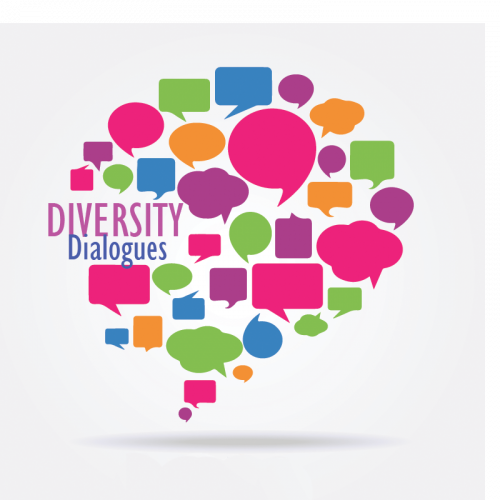ODI hosted dialogue over cultural appropriation
October 20, 2017
The Office of Diversity and Inclusion hosts a Diversity Dialogue every second Wednesday of the month downstairs, in the Barry B. Thompson Student Center. This month’s Diversity Dialogue focused on cultural appropriation and the negative effect it has on society. Members of the ODI and Student Government Association spoke at the event last Wednesday with the hope to raise awareness of our actions as a society and cause a change.
The presenters citied examples such as the NFL’s Washington Redskins and distasteful Halloween costumes as culprits to misappropriating cultures. They established that offenders often don’t even realize that what they are doing may be insensitive to a group of people. Even if they don’t find their own actions offensive, they may be inadvertently perpetuating stereotypes or misconceptions about a people.
One of the presenters, Magnolia Dunlap, a member of both ODI and SGA, said that you can be guilty of this indirectly as well.
Regarding indirect cultural appropriation, she stated, “If your friends are still doing it, or if you’re still liking it on social media, you’re still doing it.”
The ODI members insist that the only one you can personally change is yourself, but if you don’t confront wrong-doings that you see, then there will never be any change.
Challenging people on their actions can be a sensitive subject in itself.
Dunlap went on to suggest, “Maybe we need to not be [sensitive]. We need to talk to our groups and hold each other accountable. Accountability is something that people don’t like to do, but you’re going to have to do it to make a change.”
Although some people at the event disagreed on whether or not specific instances classified as cultural appropriation, everyone came together on the idea that presenting any culture with disrespect is wrong and should not be tolerated.
Isaiah Johnson, one of the students in attendance at this event, concluded that people’s sensitivity to these sorts of situations can be traced back through their childhoods.
“It’s an issue that starts out when people are young. The older generations show kids how to handle certain situations,” Johnson said.
He said that you don’t really see anything wrong with things you have done since you were a kid until someone approaches you about it.
Next month, on November 8, the Diversity Dialogue will be about people with disabilities in society and how we can be more inclusive as a people. Lunch and topics for discussion will be provided.



